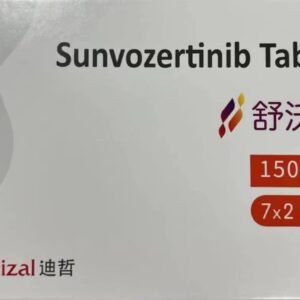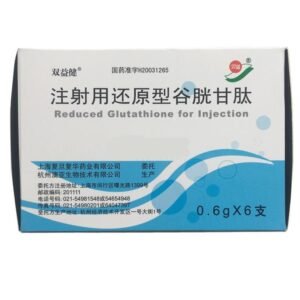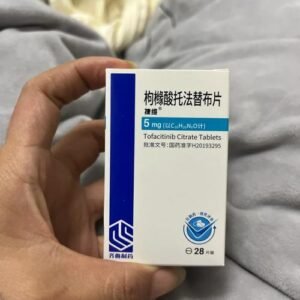Sunvozertinib Tablets
Suvotinib tablets (DZD9008 [1], trade name: Suvozhe) are the first new lung cancer targeted drug independently developed by Digene Pharmaceuticals [2]. It is an oral, irreversible, highly selective EGFR tyrosine kinase inhibitor (TKI) targeting multiple EGFR mutation subtypes [3].
Suvotinib was approved for its first indication in China on August 22, 2023 [3], for patients with locally advanced or metastatic non-small cell lung cancer (NSCLC) who have previously experienced disease progression after platinum-containing chemotherapy, or are intolerant to platinum-containing chemotherapy, and have been confirmed to have EGFR exon 20 insertion mutations [4].
Suvotinib is the first Chinese original research Class I new drug for advanced NSCLC with EGFR Exon20ins mutations [5]. It is the first and only Chinese innovative drug in the field of lung cancer to be recognized as a breakthrough therapy by both the Chinese and U.S. drug regulatory authorities [1].
The results of the Chinese registered clinical trial (WU-KONG6) showed that it is “highly effective, low toxic, and potentially best in class”: the primary endpoint of the objective response rate (ORR) assessed by the independent imaging review committee (IRC) reached 60.8%, which is higher than the previous global data of similar products, breaking through the existing treatment bottleneck [6]. Both efficacy and safety are potentially the best in class. After approval, this drug is expected to become a better treatment option for patients with advanced NSCLC with EGFRexon20ins mutations, reshaping the treatment landscape of this disease [7].
This product is suitable for adult patients with locally advanced or metastatic non-small cell lung cancer (NSCLC) who have experienced disease progression during or after platinum-containing chemotherapy, or are intolerant to platinum-containing chemotherapy, and have been confirmed to have epidermal growth factor receptor (EGFR) exon 20 insertion mutations [10]
Share:
Products
Our offers
Health Classification
Let us work together to protect precious health































